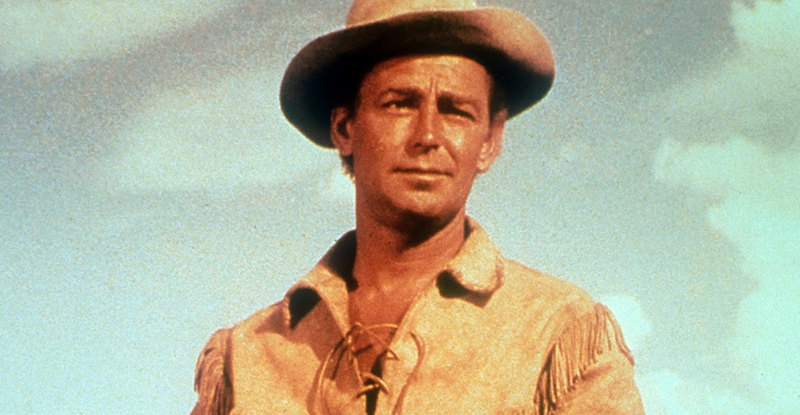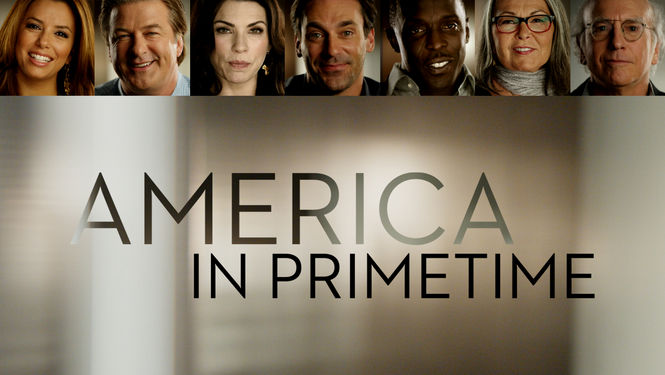A chair. A table. A microphone and a glass of water. Oh, and the notebook. The notebook. Can’t forget the notebook. What could be simpler?
“Swimming to Cambodia” is a filmed version of one of the many monologues Gray wrote and performed, monologues that used his own life as fodder for his endlessly entertaining, distressed but hopeful take on the human condition. Behind this table, sitting in this chair, occasionally glancing at the notebook (which has Ronald McDonald on the cover), Gray relates his experiences in Thailand while filming a small role in the motion picture “The Killing Fields.”
But that capsule description does small justice. Part disturbing history lesson, part honest and hilarious personal odyssey, part reluctant exploration of the dangers of getting what you want, it is also as close to perfect as any film I have ever seen. Like the Thai sex workers he so memorably describes at one point in the film, “Swimming to Cambodia” hits every mark and then some.
Originally filmed in 1987 by soon-to-be Oscar winner Jonathan Demme, and given a new DVD release by Shout Factory here, it’s all rooted in Gray’s cerebral-yet-intimate skill with storytelling, and his innate jazz-like sense of rhythm, rhythm, bountiful rhythm (he uses sets of three as a kind of punchline at key moments). His zestful script and wry delivery, honed to a razor’s edge over the course of hundreds of performances, still has the motoring drive of a confessional improvisation by a kinetic, somewhat disturbed comic novelist. In the course of the film’s 87 minutes, he never once gets up from his chair, but I never once noticed that until the movie was over. The stories and story-telling are simply that good.
Demme, DP John Bailey, and editor Carol Littleton keep the proceedings moving along briskly, using a deft array of frames, cuts and camera movements to capture Gray’s facial expressions, energetic gestures and vocal variety, and the seemingly effortless flow of the narrative and its characters. Clips featuring Gray’s performance in “The Killing Fields” amplify the commentary without overwhelming it. The music, by performance artist Laurie Anderson, is subtly cued, informing but not distracting. There are expertly deployed low-tech lighting and sound effects.
Yet as with so much truly great art, the alchemy of passion and technique and story involved here is mysterious, elusive, rewarding and deepening on repeat viewings. Gray paints a vivid canvas of his own restless, darkly humorous search for meaning and “the perfect moment,” and finds connections to a larger, darker side of human nature, one many of us would rather not see but need to see nevertheless. Gray’s tragic death by suicide in 2004 (after depression and an auto accident left him in constant pain), now adds another after-the-fact, resonant layer to this wise, bleakly funny vision of the haunted beauty of being human.
“Swimming to Cambodia” is a movie unlike any other in its almost defiant simplicity and directness of staging. Yet the end result is anything but simple, delving patiently but forcefully into the complicated workings and desires of human nature.
Video:
“Swimming to Cambodia” is presented in Anamorphic Widescreen, in a 1.85:1 aspect ratio. The subtle lighting changes and details of facial closeups are acceptably clear, with no technical problems I could see. There are no set-up options.
Audio:
The audio track is in Dolby Digital Stereo, and there are moments where the limitations of the source material are evident. But the ‘rough’ audio also captures the live feel of Gray’s performance better than a sparkling, pristine digital track ever could.
Extras:
A real disappointment here, given the film’s quality and cult status. A newly-filmed interview with Jonathan Demme, talking about the crew that came together to make the film, the process of arriving at a vision, and the challenges of a two-day(!) filming schedule.
Parting thoughts:
An exquisite, near perfect film, “Swimming to Cambodia” is hilarious and insightful, vividly capturing storyteller Spalding Gray in the height of his genius.


